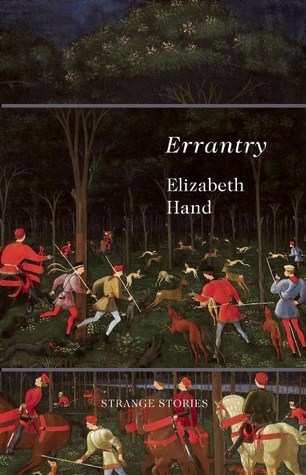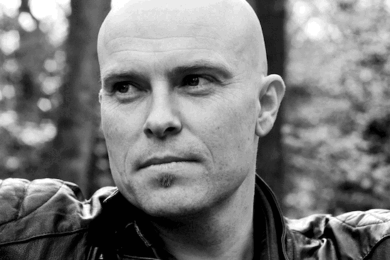11. Elizabeth Hand

Jeffrey, a widower, finds a box of returned letters, written by his wife when a young teen, to an author of children’s fantasy novels, Robert Bennington; a kind of Alan Garner or John Gordon who lived in Cornwall. Bennington’s books sound intriguing enough for you to wish that they existed. Accusations of paedophilia, however, relegated the author’s name and work to obscurity.
The letters also prove that Jeffrey’s wife actually met the author and that, along with her fixation with his books, a rivalry between a group of adolescent girls, over contact with the author, also occurred and ended in tears. From his wife’s best friend, also an avid fan of Bennington as an adolescent, he learns more. Her story of their visit to Zennor describes a strange, heartfelt, adolescent ritual that was enacted by three girls in an empty field. A rite that resulted in a strange but terrifying experience. Their meeting with the author, when they doorstep him at home, however, was innocuous and was experienced without a trace of the inappropriate. And yet, one of the girls went missing soon afterwards and Bennington was questioned.
Intrigued, Jeffrey travels to Zennor to investigate the author and to walk in the steps of his adolescent wife. What ensues at Bennington’s farm slips Jeffrey over that folk horror border between wonder and terror.
The story is a strong evocation of grief, memory, the landscape of the south west, its myth and folklore, and the poignancy of the imagination that books can instigate at a certain time in the lives of the young. As is the author’s folk rock weird tale, ‘Wylding Hall’. It’s also a very effective rendering of a truly strange episode in a mysterious place, while being free of predictability or overkill.
Recommendation: Errantry (Big Mouth House)


